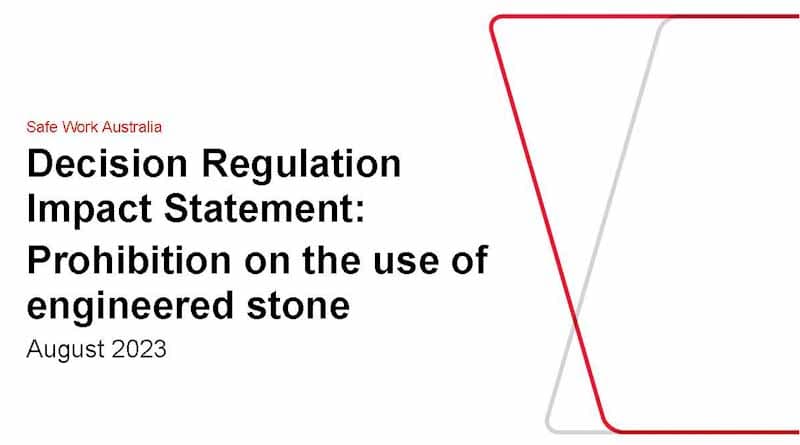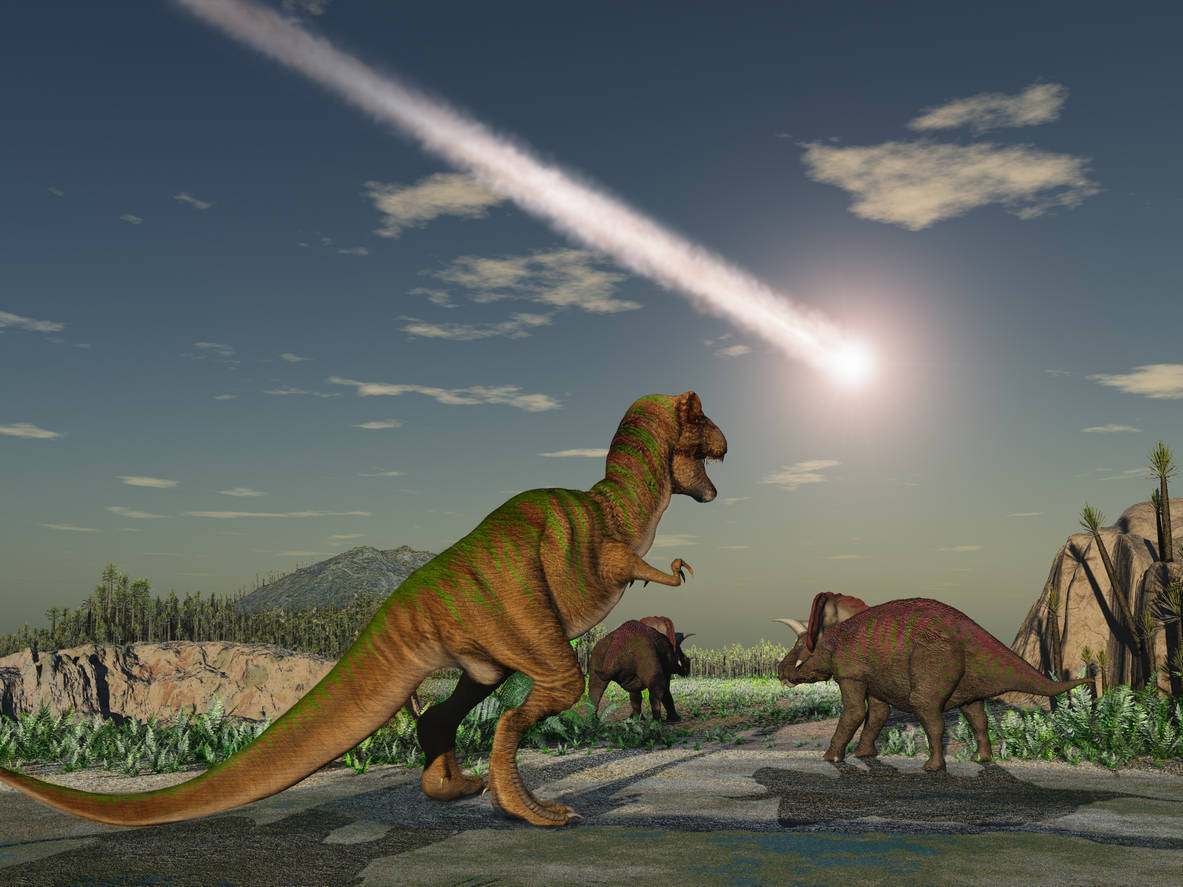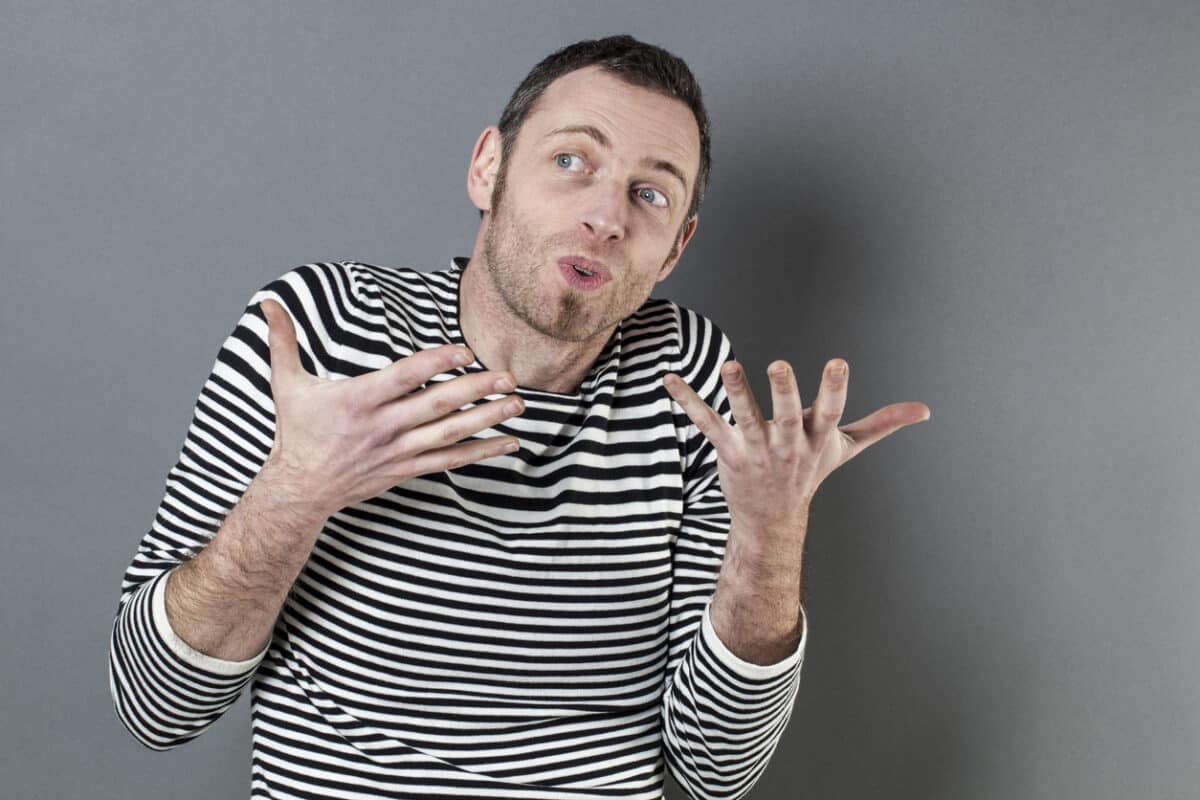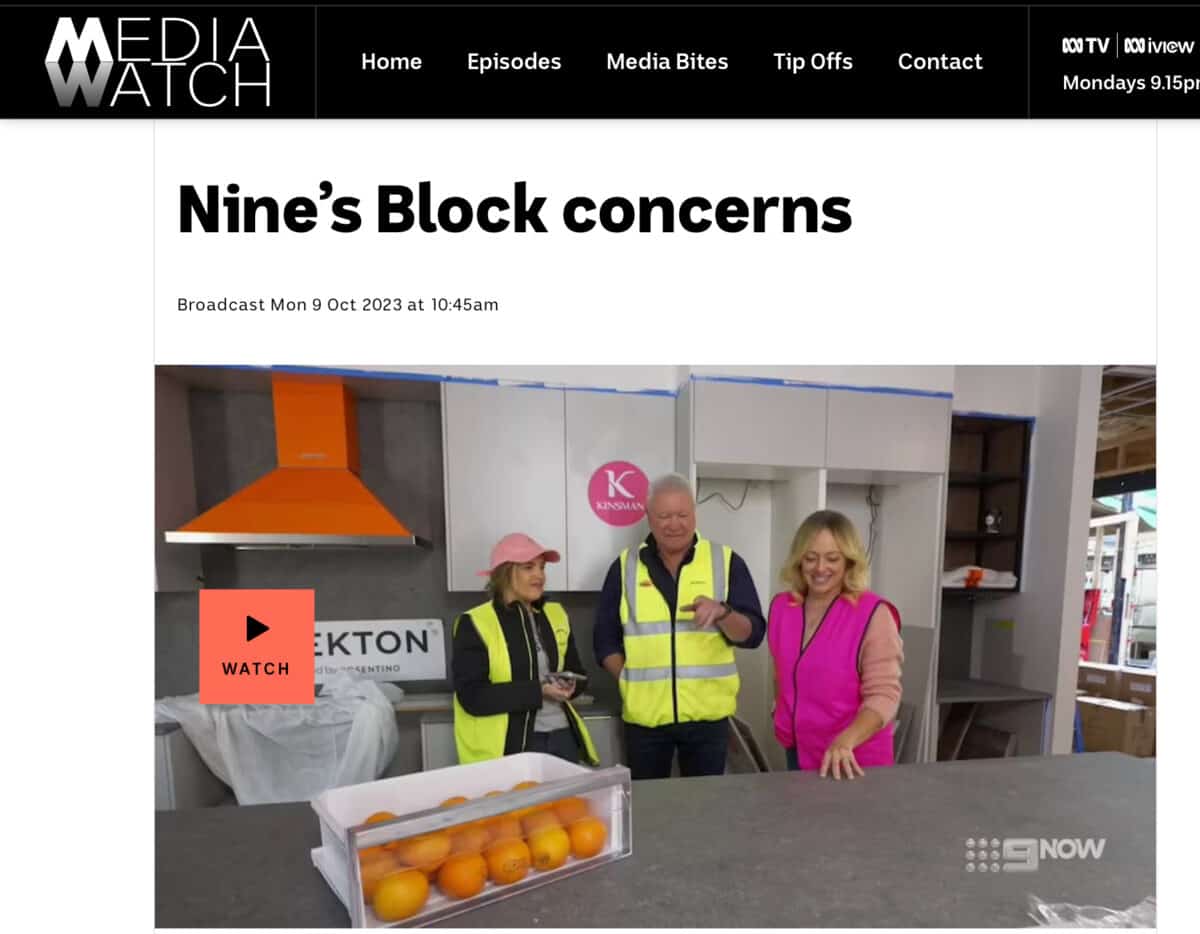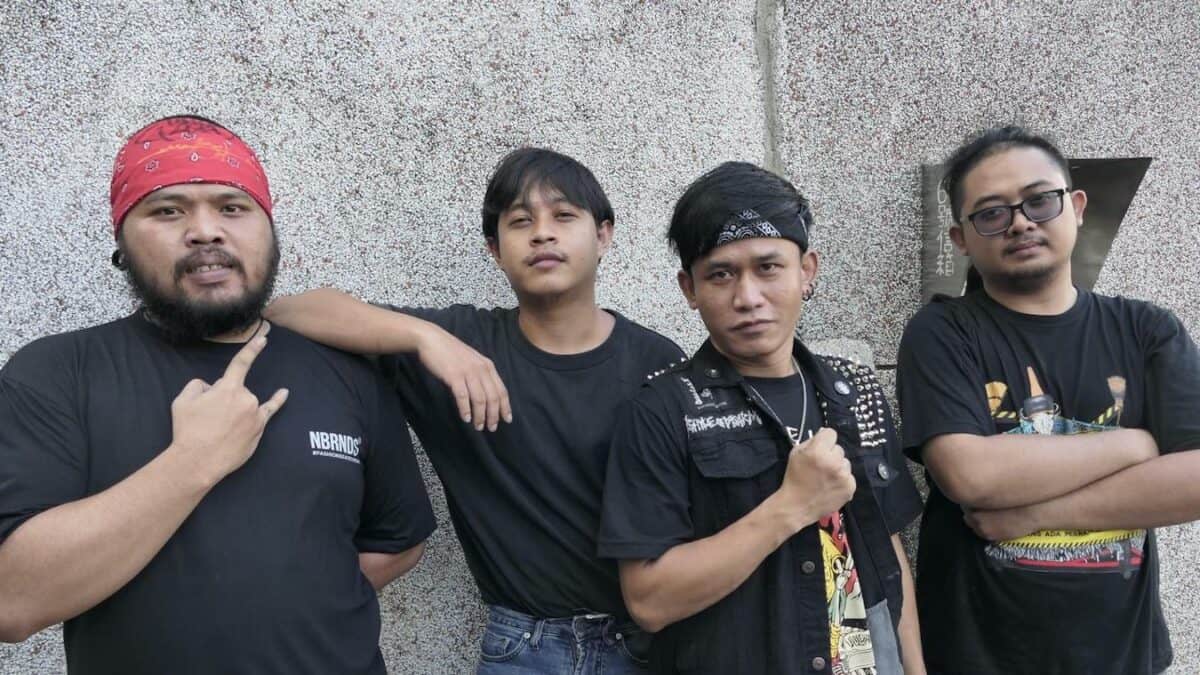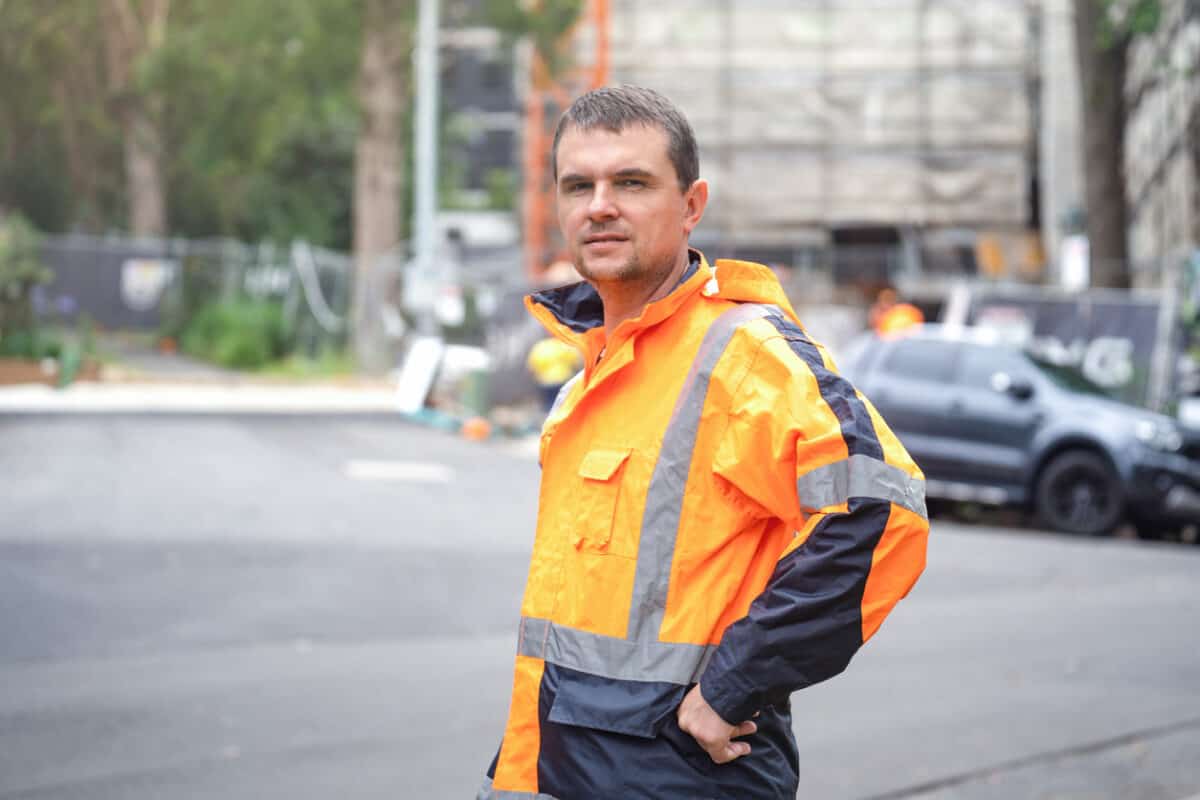Caesarstone Asia Pacific managing director David Cullen told the Australian Financial Review (AFR – paywalled) on October 27, 2023, that:
“A full ban on the use of engineered stone would double the cost of benchtops..”
So? That seems to be enough of a reason to continue to allow the use of a product that is causing a large number of preventable deaths in Australia and elsewhere??!!
A stronger argument may be that the occupational health and safety (OHS) management of the cutting of engineered stone has failed.

